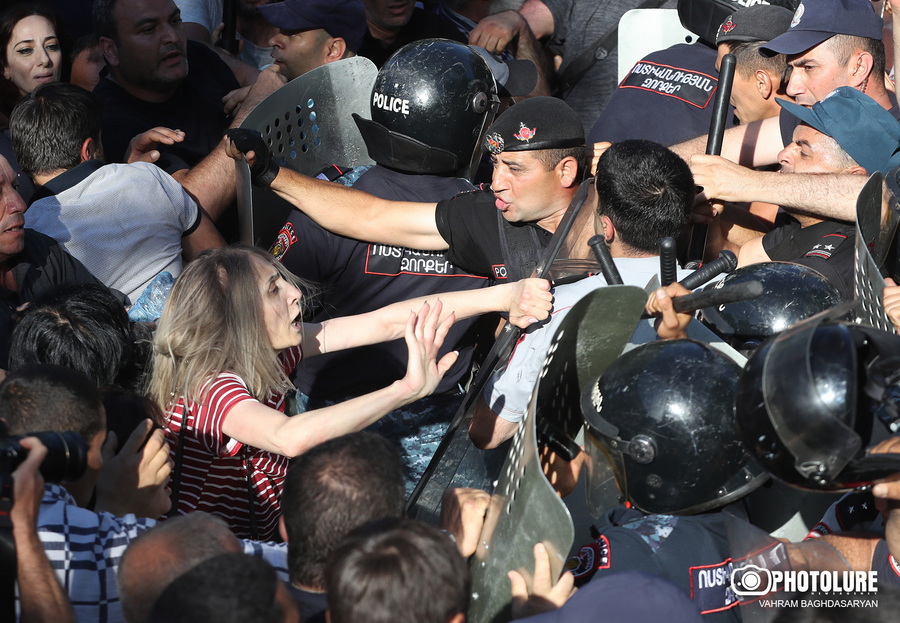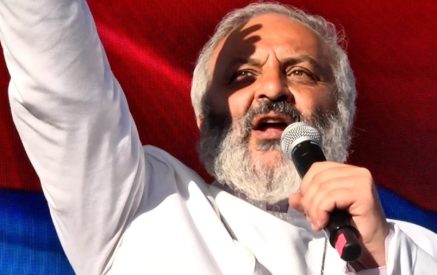“Why do you write bad things about Robert Kocharyan? After all, these are Pashinyan’s theses, which feed the mill of the current government,” asked one of my readers.
This question would be relevant if I were a propagandist for any political team. In that case, it would be crucial for me to write only negative things about one person and stay silent about the faults of another. If a journalist (or public speaker, or analyst) is in a political “trench,” would naturally be careful to avoid discussing facts that are unfavorable to his team and would work in favor of the opposite camp.
Can you imagine a journalist who has their own opinion, his own approach, and doesn’t care which camp’s perspectives they align with or contradict? From my decades of observing public reactions, very few of our fellow citizens (even educated and developed ones) believe that such journalists exist.
Pashinyan’s theses regarding “March 1” are correct. The issue is that in these six years, this government has done nothing to punish those responsible for this crime. And they didn’t do it precisely because they are prone to committing the same crimes. And this was proven on June 12 of this year. Thus, in terms of internal politics, the current prime minister is no different from the second president of the Republic of Armenia. In other respects, he is not only worse than Kocharyan but also one of the most unsuccessful and failed leaders in Armenia’s centuries-old history.
Read also
Regarding “March 1,” I want to “fill the mill of the current government” a little more. When Reverend Bagrat says that “July 12” is like “March 1,” he is certainly right. But then he should talk in more detail about what happened on March 1, 2008. And after discussing it, I wonder, is it worth dealing with Kocharyan’s entourage?
Such is my apolitical approach.
Aram Abrahamyan





















































